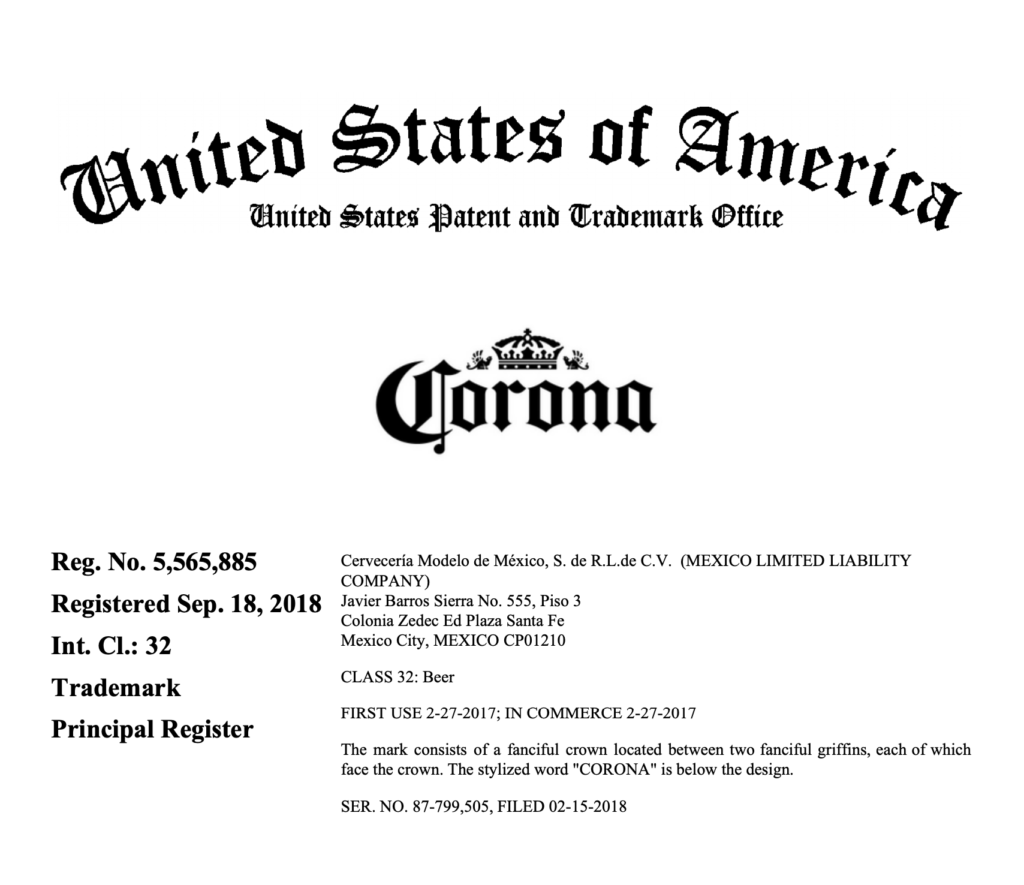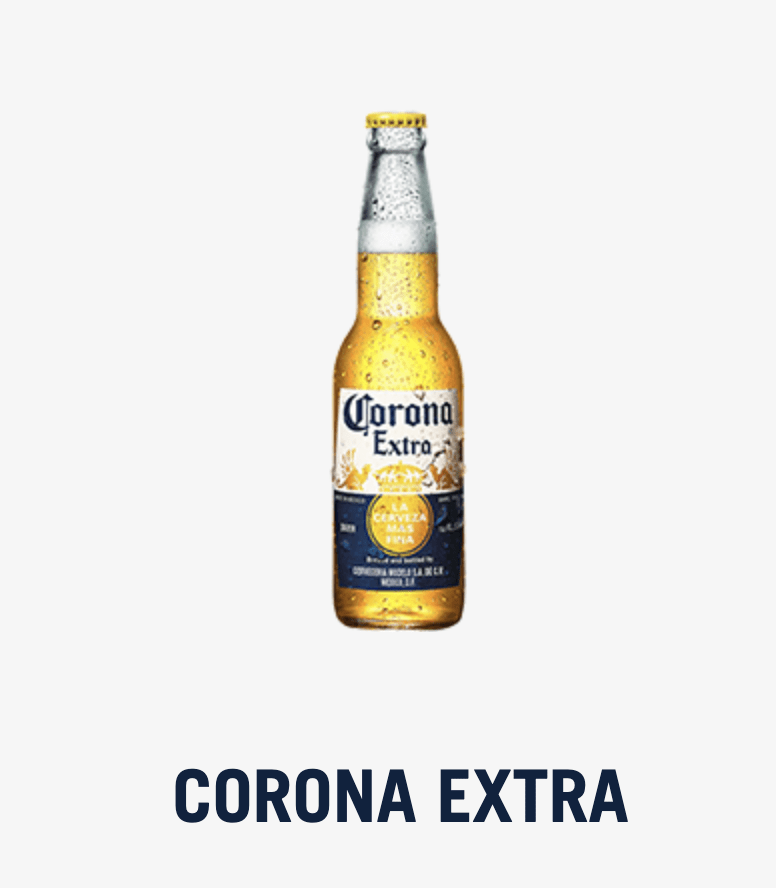Imagine a company spending hundreds of millions of dollars protecting, defending, registering, and advertising a brand name in a global marketplace the way the Corona trademark brand has done in connection with one of the most popular beverages in the world, beer, only to have that brand be tarnished by an infamous disease that has taken over the world and has led to pandemic levels of concern and security worldwide.

Brand Dilution and the Corona® Trademark
First, let’s look at the black letter law under the Federal Trademark Act, also known as the Lanham Act, codified in Title 15 of the United States Code. Section 15 U.S. Code § 1125 covers false designations of origin, false descriptions, and dilution and it states in plain English :
(B)For purposes of paragraph (1), “dilution by blurring” is association arising from the similarity between a mark or trade name and a famous mark that impairs the distinctiveness of the famous mark. In determining whether a mark or trade name is likely to cause dilution by blurring, the court may consider all relevant factors, including the following:
(i)The degree of similarity between the mark or trade name and the famous mark.
(ii)The degree of inherent or acquired distinctiveness of the famous mark.
(iii)The extent to which the owner of the famous mark is engaging in substantially exclusive use of the mark.
(iv)The degree of recognition of the famous mark.
(v)Whether the user of the mark or trade name intended to create an association with the famous mark.
(vi)Any actual association between the mark or trade name and the famous mark.
(C)For purposes of paragraph (1), “dilution by tarnishment” is association arising from the similarity between a mark or trade name and a famous mark that harms the reputation of the famous mark.
(3)ExclusionsThe following shall not be actionable as dilution by blurring or dilution by tarnishment under this subsection:
(A)Any fair use, including a nominative or descriptive fair use, or facilitation of such fair use, of a famous mark by another person other than as a designation of source for the person’s own goods or services, including use in connection with—
(i)advertising or promotion that permits consumers to compare goods or services; or
(ii)identifying and parodying, criticizing, or commenting upon the famous mark owner or the goods or services of the famous mark owner.
(B)All forms of news reporting and news commentary.
(C)Any noncommercial use of a mark.
Has Brand Dilution of the Corona® Trademark Occurred?

As the above shows, the legal requirements for federal trademark disparagement are complex under federal law. Dilution remedies blurring, which is where distinctiveness of a famous mark is harmed by wrongful association with a competitor, and, tarnishment which is where the reputation of a famous mark is damaged through association with a similar mark or trade name. See 15 U.S.C. § 1125(c)(2)(C).

Since the outbreak of COVID-19, also known as “The Corona Virus”, Corona trademark branded beer sales have declined. Customers have reported a new distaste for the brand, and preference for other beers. And there even memes on the internet mocking the famous beers and its brand among the world wide pandemic. However, one would argue the Corona trademark owners, in this case Anheuser-Busch InBev, have no cause of action for federal trademark dilution by blurring or tarnishment because the use of its trademark, in this case the term “corona” is not being made by another trademark or competitor, but is instead a common reference to the COVID-19 an infectious disease caused by severe acute respiratory syndrome coronavirus 2 (SARS-CoV-2).. But many public market investment experts have upgraded stock calls of the Corona trademark’s owner, beverage maker, Anheuser-Busch InBev (ticker: BUD) on the NYSE.
Entrepreneurs, brand owners, and other companies that own trademarks should be vigilant about uses of their trademark in any context, and raise issues of competitive uses that may trigger brand tarnishment or brand disparagement, or brand dilution, with an experienced trademark attorney to consider whether or not a cease-and-desist letter should be sent.
In this case, it’s certainly not Happy Hour at Corona® headquarters.

